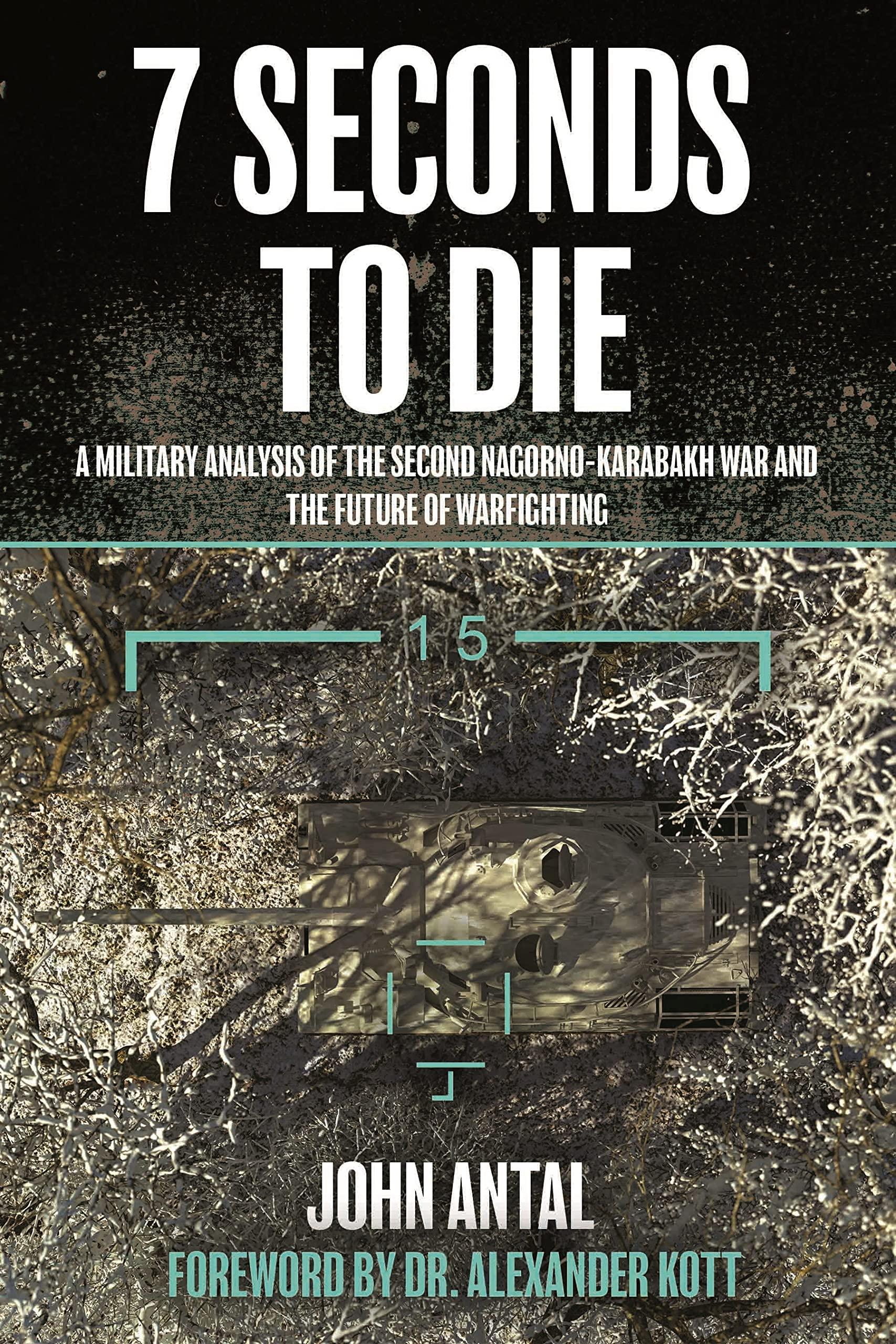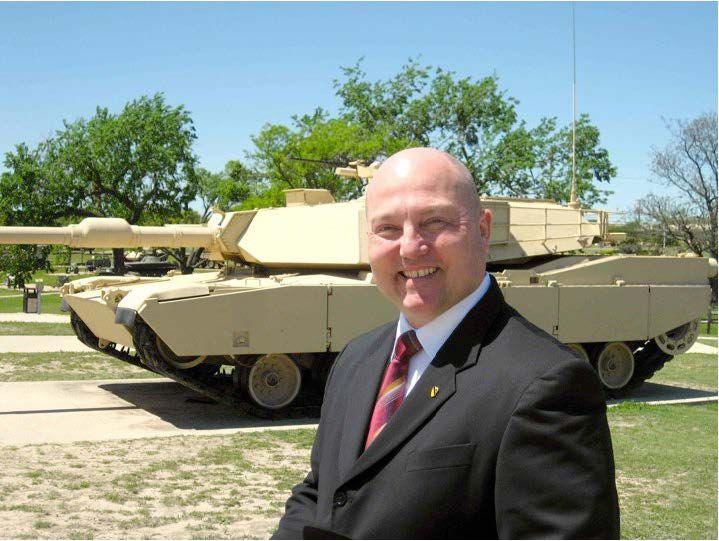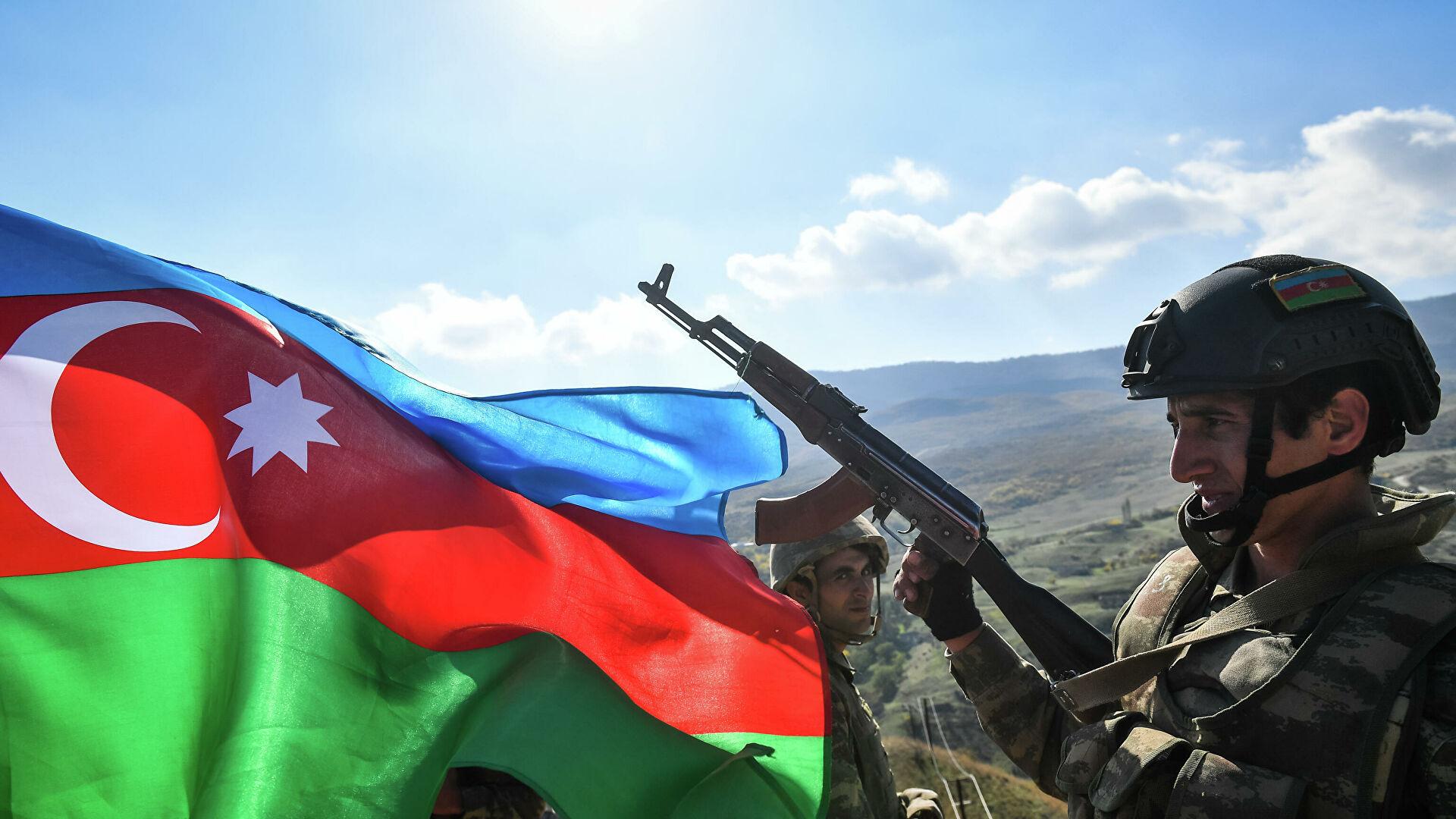7 Seconds To Die US military thought about 44-day war
"The 44-day war has opened a new page in the history of military art"... "The glorious victory of Azerbaijani weapons is being studied today in the military academies of the world"… These and other phrases have firmly entered the political lexicon of Azerbaijani society after the victory in the 44-day war. Almost two years have passed since the autumn of 2020 - enough time for a systematic understanding of the past war, not only by ourselves but also by outside observers, especially since much of the conceptual and military-technical component of that war finds its evolutionary reflection in the events of today, in the same war in Ukraine.
To be fair, many articles have been written on this topic in several languages, and several books have already been published in Azerbaijani. Nevertheless, in our opinion, Azerbaijani studies of the 44-day war, in fact, are still a listing of its chronology and texture mixed with appeals to the nation and quotes from Supreme Commander-in-Chief [President Ilham Aliyev]. It's hard to call this a study. But we will not judge strictly - professional military, high-ranking commanders who could sit down and write this kind of research are still in the majority in business and, as they say, they are not up to writing memoirs. There is a time for everything.

In the meantime, foreign analysts are ahead of us. They are very ahead of us qualitatively. For example, as the American military Colonel John Antal did last year in his book entitled "7 Seconds To Die: A Military Analysis of the Second Nagorno-Karabakh War and the Future of Warfighting".
Biographical information:

John Antal, retired U.S. Army colonel. He is a professional airborne and ranger. He has more than 30 years of service in armoured and motorised units and command experience up to and including the regimental level. For some time he worked as an assistant on special assignments at the leadership of the Military Academy in West Point and taught at a number of other military educational institutions in the United States. He retired from military service in 2003, taking up writing books, teaching, and lecturing on leadership. He is also known as a screenwriter of computer military strategy games and a military consultant in the field of cinematography.
To begin with, we note right away: that the book cannot be called an ideal product. John Antal is neither a specialist in international law nor an expert on regional conflict ology. The book was written by a military man, and first of all for the same military people.
Accordingly, the Azerbaijani reader, who is scrupulous about terminology, should take this into account before being strictly judged for phrases like "the invasion of Azerbaijani troops in Karabakh" or the absence of quotation marks when referring to the unrecognised separatist regime. Moreover, the style and spirit of the book testify not only to the analysis carried out by the author competently and professionally, but also to respect and admiration for both the actions of the Azerbaijani command and the armed forces as a whole and the personal qualities of the Azerbaijani soldier.
In addition, some points indicate that the analysis was carried out exclusively on open sources and post factum, that is, after the war and on the basis of the picture formed by its results. For example, the author claims that the special forces of the Azerbaijani Armed Forces were used exclusively in the southern Jabrayil and Fuzuli directions of the front line, as part of the units of the 2nd Army Corps, which, however, does not correspond to reality.
Nevertheless, on almost 200 pages of his rather scrupulous (given the work on open sources) research, John Antal professionally immerses the reader in the headquarters situation of that war, exactly as certain military attaché, who, God forbid, was admitted to the headquarters of the Azerbaijani Armed Forces command in those days, would have seen it. Not an ounce of empty talk. Not a drop of water. And most importantly, the book seems to be written in a complex language for the military, but at the same time it is very readable and intelligible, and the abundance of various kinds of technical information and tables make it not only interesting but also desktop - in case you need, for example, to remember something.
The analysis conducted by the American colonel is not limited exclusively to the conceptual or military-technical advantages of the Azerbaijani Armed Forces demonstrated during the 44-day war in 2020, but, which is very important, including for our side, contains proposals on how such advantages can be neutralised.

In a separate section, John Antal brought out a series of questions that require further research. For example, how should a commander of a unit behave in a combat situation in conditions when the enemy, having modern UAVs and barrage ammunition at his disposal, targets headquarters and command posts first of all? What changes will the art of disguise undergo in view of the growing importance of UAVs and drones in combat? What is the future of the tank and the means of combating it, etc.?
As it was already noted at the beginning of this review, the book is primarily written for military people, or at least well versed in the theory and logistical side of modern military affairs. And as the author of the historical victory that is discussed in the book, the Azerbaijani officer should certainly get acquainted with its contents. Therefore, we consider it expedient to organise a high-quality translation of this book into Azerbaijani for the libraries of the newly-established National Defence University. And ideally - to invite Colonel Antal to Azerbaijan and organise for him a tour to the liberated territories, following the example organised last fall for John Spencer, a veteran of the American Rangers, deputy director of the American Institute of Modern Warfare. John Antal has not been to Azerbaijan and to the theatre of military operations, which is discussed in his book, so such a trip would not only be worthy and correct gratitude on our part but would also allow him to learn even more, perhaps for another, more meaningful book. Why not?








